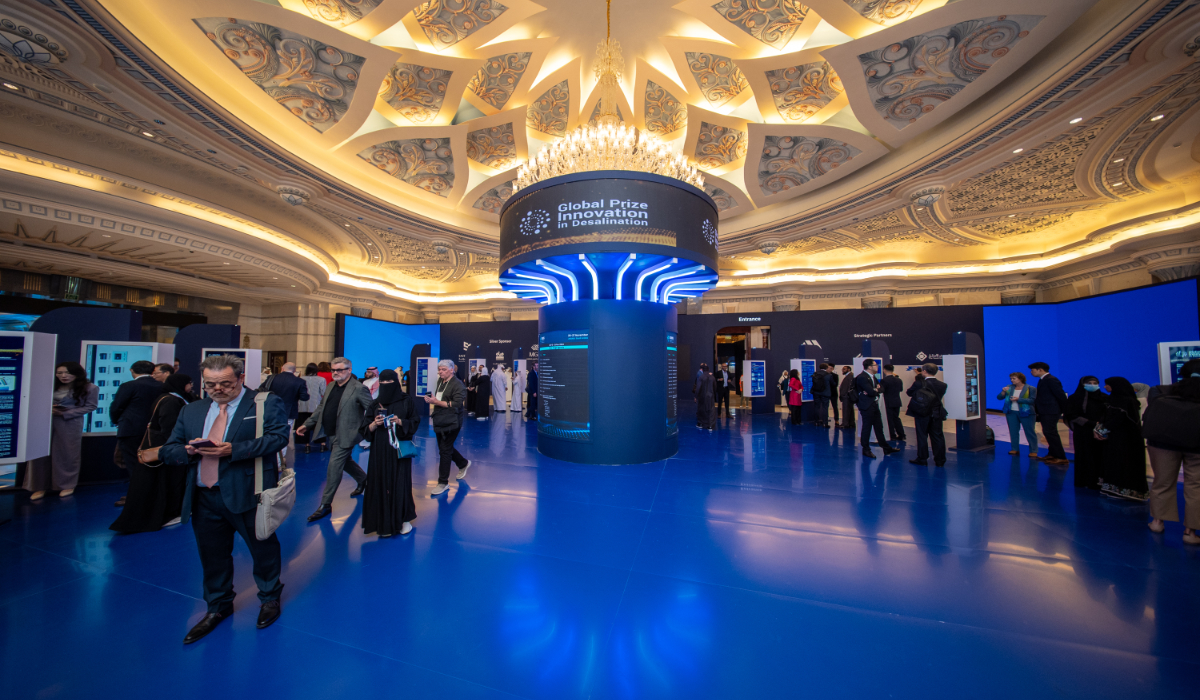RIYADH: Even if the national climate plans of countries worldwide are successful, carbon emission levels will cause catastrophic effects by 2030, according to the UN’s climate chief.
Current plans would result in emissions of 51.5 gigatonnes of CO2 equivalent by 2030 — only a 2.6 percent reduction on 2019 levels.
These emissions would lead to severe human and economic consequences worldwide, according to a statement issued on Monday by Simon Stiell, executive secretary of the UN Framework Convention on Climate Change.
The Intergovernmental Panel on Climate Change has indicated that emissions must be reduced by 43 percent by 2030 and by 60 percent by 2035 compared to 2019 levels to limit global warming to 1.5 degrees Celsius and avoid the worst impacts of climate change.
Stiell stressed the urgent need for a transformative shift away from inadequate climate action, calling for more ambitious national climate plans from all nations by next year.
The report highlights that existing international climate plans are significantly insufficient to prevent global warming from devastating economies and disrupting lives worldwide.
If countries adopt more ambitious plans, they can not only avoid climate disasters but also drive transformation toward prosperity and well-being, according to the report.
Further, the report highlights that stronger climate strategies are essential for investment, fostering economic growth, creating jobs, reducing pollution, enhancing public health and ensuring secure as well as affordable clean energy.
As nations work on their new nationally determined contributions for next year, the report shows only minimal progress compared to the urgent changes needed.
Furthermore, the statement said that the upcoming national climate plans must represent a significant increase in ambition.
While these plans are tailored to each nation, they should meet the ABC test, meaning that they must set ambitious, economy-wide emissions targets that encompass all greenhouse gases and keep the goal of 1.5 degrees Celsius within reach, and must cover specific sectors and pollutants.
The statement also focused on the necessity for the new NDCs to be credible and supported by regulations, laws and funding to ensure the realization of their objectives. They should outline adaptation priorities and investments to safeguard vital sectors, infrastructure and communities from climate impacts, aligning with National Adaptation Plan processes.
In addition, plans should extend to 2035, featuring stronger goals for 2030 to enable the deep emissions reductions necessary this decade.
Recognizing the importance of these new plans, the UN Framework Convention on Climate Change will host a series of events next year to help countries deliver their NDCs as well as engage the global community in discussions about these efforts, as further details will be discussed during COP 29.





























